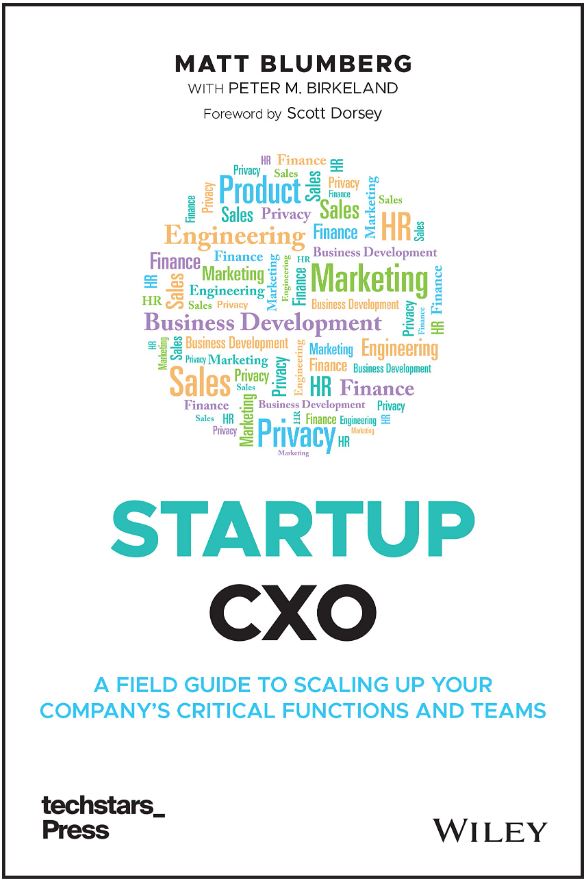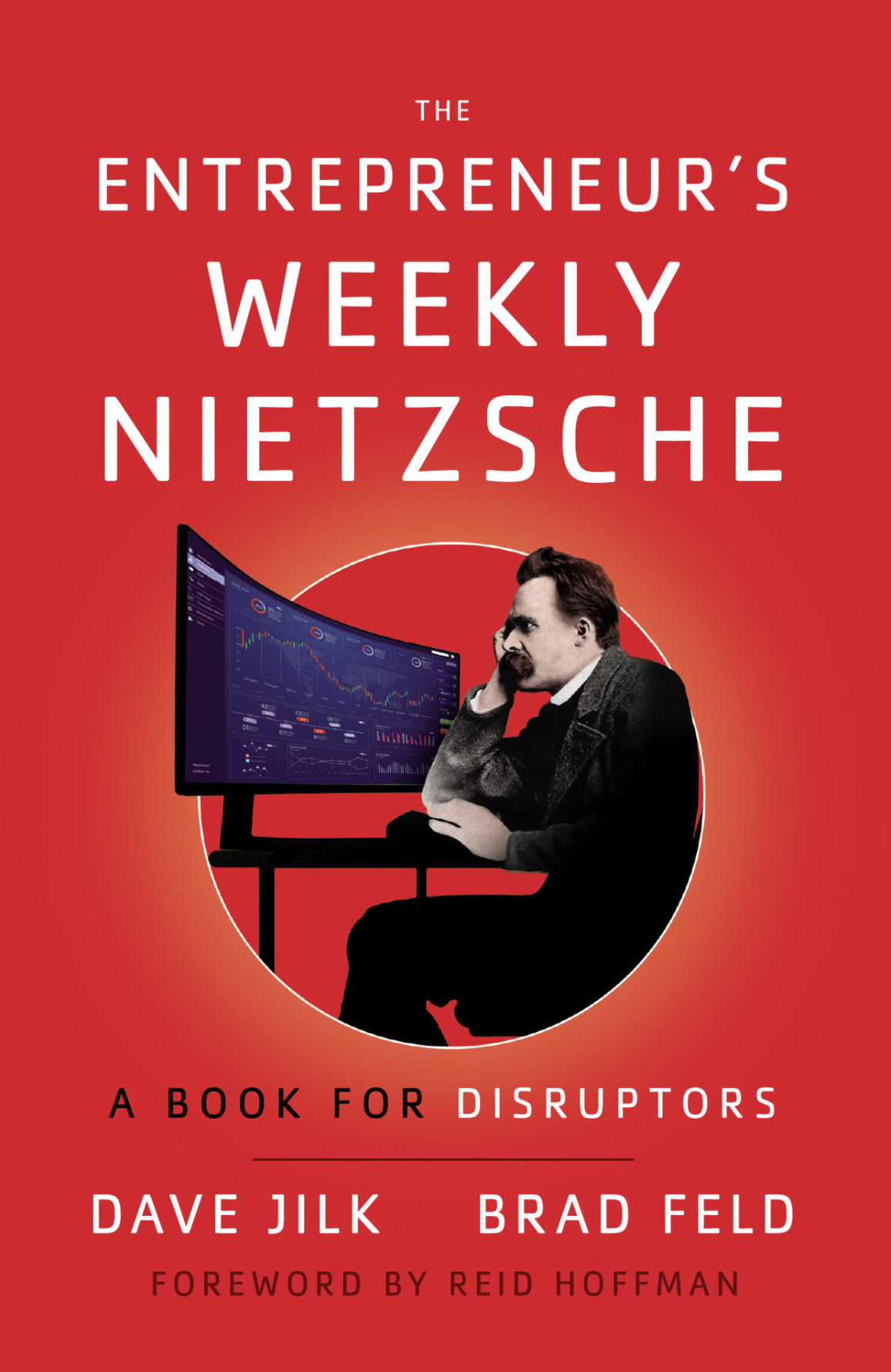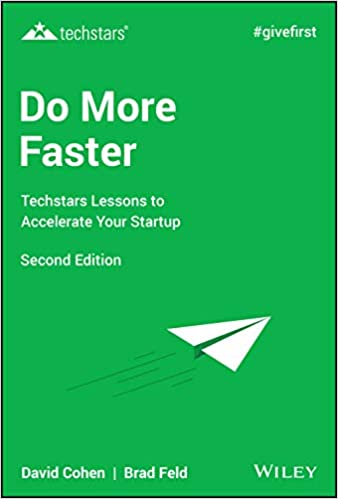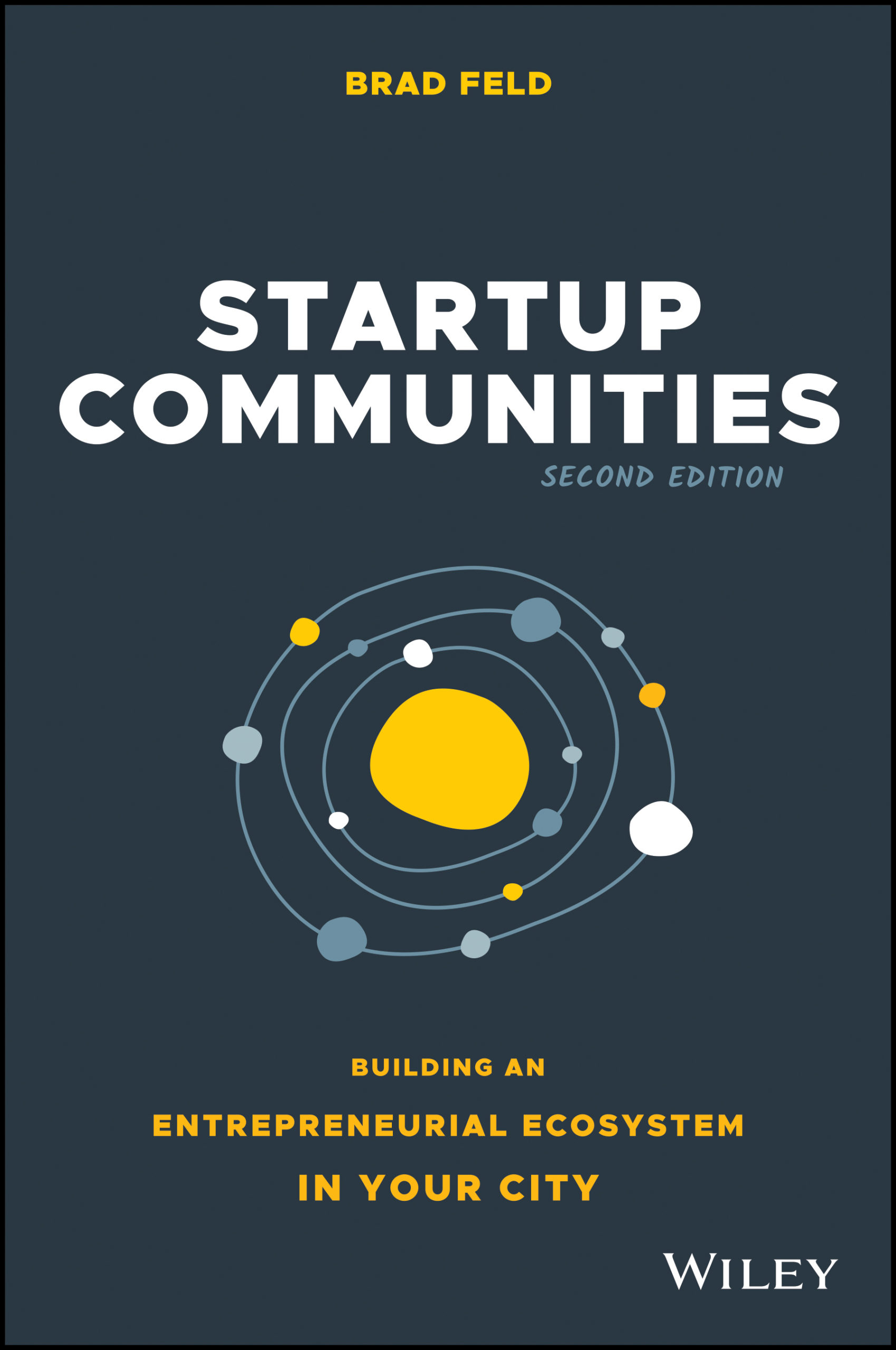Restart America: Startup-Friendly Policies in the “Third Wave”
If you haven’t done so already, I highly recommend reading The Third Wave: An Entrepreneur’s Vision of the Future, a New York Times Bestseller by Steve Case that published one year ago. Steve is back in the news, with an expanded version (in paperback) out this week that adds a chapter on startup-friendly policies in the post-election environment.
Last year, both Brad and I wrote about Steve’s book. Before getting into the new stuff, let me provide a quick summary of the book overall. And instead of starting from scratch, let me be efficient here and paste some text that I wrote about the book a year ago:
“In The Third Wave: An Entrepreneur’s Vision of the Future, legendary entrepreneur, investor, and startup advocate Steve Case describes the coming era of rapid and far-reaching digital technology disruption. Whereas the First Wave laid the foundation for internet infrastructure, and the Second Wave built key applications on top of it (e-commerce, social media, search, etc.), the Third Wave involves embedding these technologies into virtually all non-digital sectors of the economy, such as health care, finance, agriculture, manufacturing, and countless others.
This has two major implications.
First, Third Wave innovation will require more partnerships and greater cooperation among entrepreneurs, incumbent firms, industry veterans, technologists, regulators, and policymakers. Unlike the young and largely unregulated internet sector in the First and Second Waves, the Third Wave will have to contend with well-established industries with entrenched interests, sector-specific challenges, and often, heavy regulation. Entrepreneurs will no longer be able to act alone. Instead, they will need to build partnerships with a diverse set of stakeholders in ways that previously might have seemed unimaginable.
Second, Case believes that Third Wave entrepreneurs will come from a wide range of regions outside of Silicon Valley. Third Wave innovators will leverage tools from technology hubs, but work within businesses and sectors outside the tech world. Workers from non-technology industries will be well positioned to identify and solve problems alongside technologists and entrepreneurs. This collaboration is central to the future of innovative solutions. Further, advances in cloud computing will allow startups to scale most anywhere—permitting these digitally-enabled businesses to grow within established industrial centers.”
It is this first part that the expanded version is mostly about—public policies that support and promote innovation and entrepreneurship in America. I have not had the chance to read the new chapter myself, but Steve has written two posts about it here and here, in which he offers up a seven-point “R.E.S.T.A.R.T. America” plan. To quote from one of his posts:
The agenda: (R) Reform the Way DC Works with Startups; (E) Educate for the Third Wave; (S) Source Goods and Services from Startups; (T) Tax Incentives for Regional Entrepreneurship; (A) Attract and Retain Talent; (R) Rethink Capitalism; (T) Transform Local Ecosystems.
I can get behind that, as I imagine many readers of this blog can too. A big thanks to Steve for his thoughtful ideas and meaningful contribution here. Let’s hope someone in Washington is listening… and more importantly, ready to take action.








